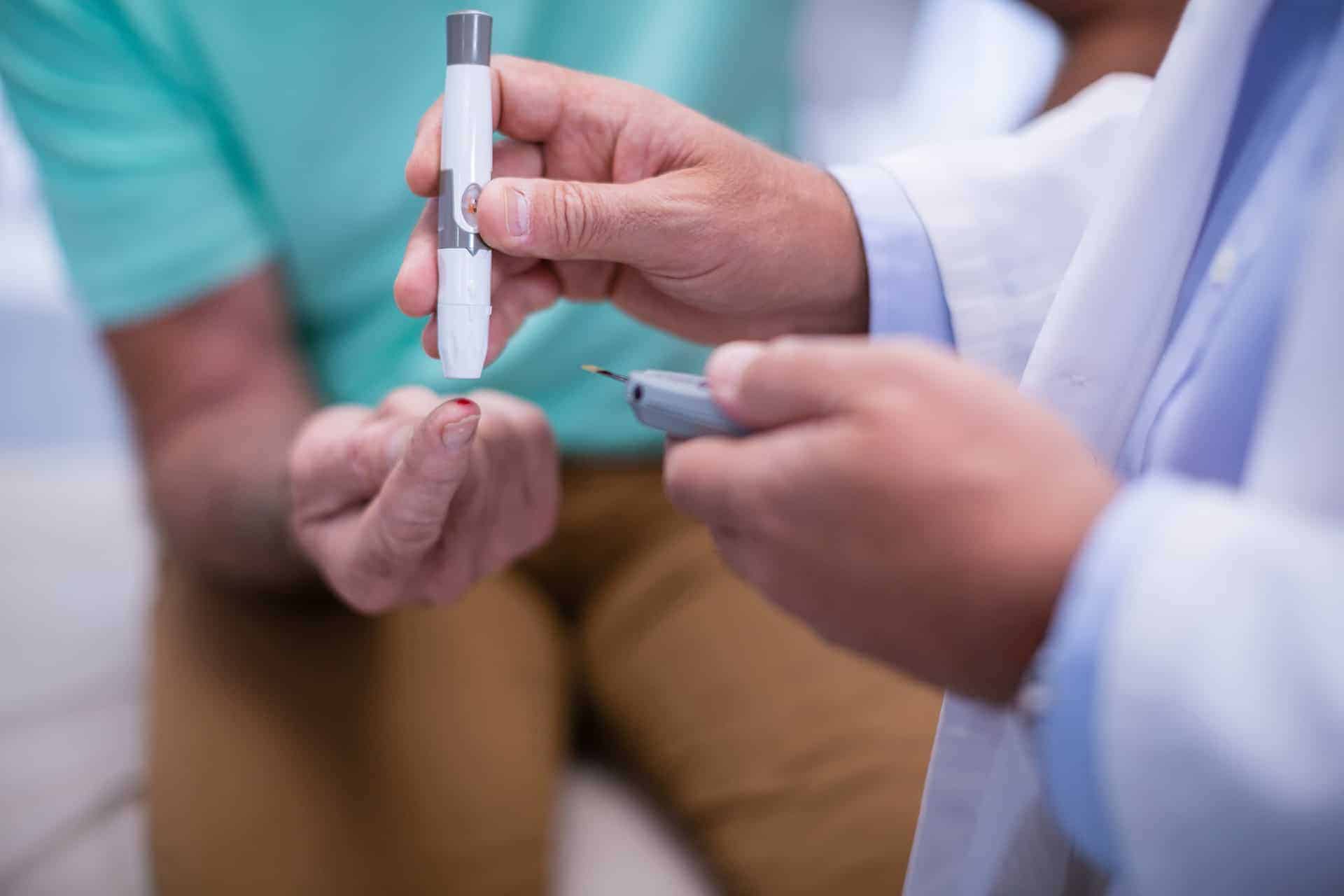
What is High Blood Pressure?
Hypertension (High Blood Pressure) is a chronic health condition where the pressure of the blood flowing through the arteries is persistently high.
High blood pressure is common in Singapore. About 30% of Singaporeans have hypertension, and 50%% have undiagnosed hypertension in a study done in 2003.
Causes of High Blood Pressure
The most common type of hypertension is Primary Hypertension (90%). This is usually associated with poor lifestyle habits and diet choices.
A less common cause of hypertension is Secondary hypertension. This is caused by conditions such as kidney disease or hormone (endocrine) disorder.
What are the risk factors for High Blood Pressure?
Hypertension risk increases if one has one or more of the following risk factors:
- Family history of early hypertension
- Individual habits of a sedentary lifestyle or and high salt content in food
- Individual medical history of other medical conditions, eg diabetes mellitus.
What are the Consequences of High Blood Pressure?
Chronic untreated hypertension can lead to increased stress, and thickening of the heart, which eventually will lead to reduced heart function (hypertensive heart disease).
This thickening of the heart increases the risk of heart attacks and sudden cardiac arrest.
Chronic untreated hypertension also increases the risk of kidney failure, stroke, heart failure, and dementia.



What are the symptoms of high blood pressure?
Early hypertension usually has no symptoms. As blood pressure continues to climb, the patient may have symptoms of fatigue, headaches, dizziness, breathlessness, and erectile dysfunction.
Unfortunately, very frequently, high blood pressure is detected after a complication like a heart attack or stroke or kidney failure episode has occurred.
Early diagnosis and treatment of hypertension can reduce the risk of heart attacks, sudden cardiac arrest, kidney failure, stroke, heart failure, and dementia.

What is the treatment or remedies of High Blood Pressure?
The management plan for hypertension may include recommendations for more targeted tests, to arrive at a comprehensive therapeutic plan.
The therapeutic plan broadly involves a therapeutic pyramid.
The base of the pyramid involves the adoption of a healthier lifestyle. This involves multiple steps, like stopping unhealthy habits like smoking and making healthier dietary and physical activity choices.
There will be a need to follow (compliant) the agreed-upon therapeutic lifestyle steps plan.
The next step would involve medications if needed. The choice of medication(s) will depend on the patient’s specific clinical profile.
Most blood pressure-lowering medications involve interrupting the cardio-renal sympathetic axis that commonly drives hypertension. Others may act to dilate and thus relax the arteries, and thus lower blood pressure.
Regardless, for medications to work, the patient must be committed to taking them, and to stick to the foundational therapeutic lifestyle steps. It is never just taking medications or home remedies for blood pressure without therapeutic lifestyle steps.
Following therapeutic lifestyle steps, and medications would be procedures at the apex of the pyramid.
For hypertension resistant to medications and therapeutic lifestyle steps, this involves the procedure of percutaneous renal denervation, where the renal (kidney) artery nerves are modified. This will interrupt the cardio-renal sympathetic axis that commonly drives hypertension.
At each point, indications, risks and alternatives to the therapeutic choice will need to be discussed and the management plan mutually agreed upon.
Renal Denervation
Since the dawn of therapeutics for hypertension in the 1950s, there have been strong demands for more effective and safe therapies to control resistant hypertension, while addressing its common causes, specifically poor compliance to lifelong multiple medications (polypharmacy), and lifestyle steps modification.
In the past decade, there has been the development and reiteration of a safe, minimally invasive, device-based therapy, specifically targeting and modifying the renal artery nerves with radiofrequency waves without permanent implantation of the device. This is known as renal denervation.

The device is threaded into the renal artery via the right femoral artery (fig a), positioned against the wall of the renal artery where the nerves are located Fig b and c). Then radiofrequency waves are applied to the nerves on the wall of the renal artery (fig d).
This modifies the renal artery nerves and interrupts the cardio-renal sympathetic axis that commonly drives hypertension.
This may also potentially benefit other conditions where the sympathetic nervous system over-activity plays a significant pathophysiological, eg renal impairment, left ventricular hypertrophy, heart failure, and sleep apnea for example.
Based on current clinical evidence and guidelines, renal denervation can be used to treat resistant essential (primary) hypertension with no significant renal impairment and suitable renal artery anatomy.
